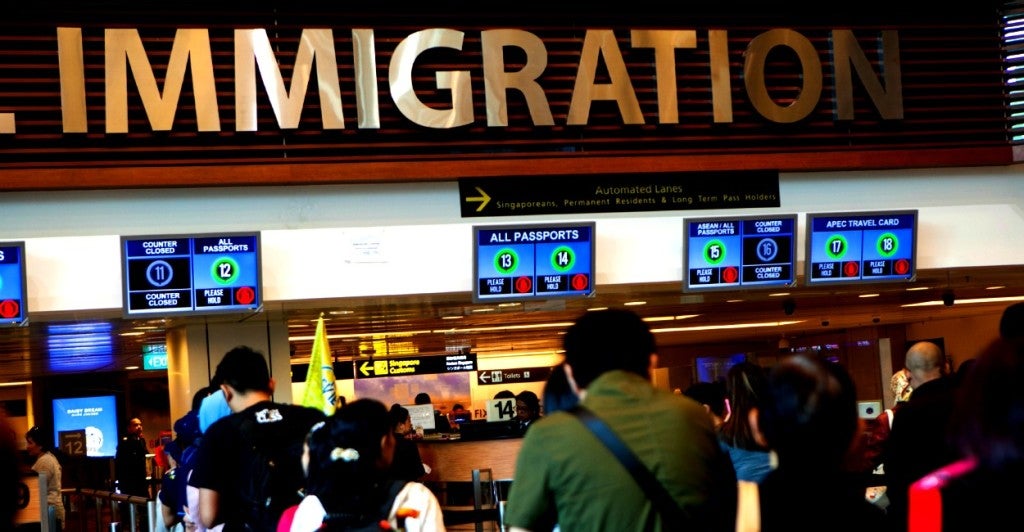Tuesday, the House passed an amendment that would suspend those who have been to Syria, Iraq, Iran, and the Sudan in the past 5 years from being eligible for the Visa Waiver Program (VWP). This ban will affect the missionaries, humanitarian aid and rights workers, and journalists from France, United Kingdom, Japan, and 35 other countries.
This ban will affect the missionaries, humanitarian aid and rights workers, and journalists from France, United Kingdom, Japan, and 35 other countries.
The Visa Waiver Program expedites travel between the U.S. and 38 countries. It’s through the streamlining of information sharing such as travel, biometric, criminal, terrorist, and passport information that members are able to travel without having to apply through the time-consuming traditional visa process.
It’s this exchange of information that makes the U.S. and Visa Waiver Program members more secure.
From a security point-of-view, it’s typically the good guys who keep records of where they’ve travelled and when. Bad actors and terrorists are less likely to share if they’ve been to certain areas they think will lead to more questioning by authorities – whether it be non- Visa Waiver Program states such as Syria, Iraq, Iran, Sudan, Afghanistan, Somalia, Egypt, or any number of other countries.
While the amendment is noble in its attempt to address the issue of foreign fighters, the focus should be on helping the intelligence community learn more about the bad actors we don’t know about, who are travelling to areas of high risk. Instead the State Department will have to redirect resources to our embassies abroad to meet the demands synonymous with the traditional visa process.
The addition of a temporary suspension period for Visa Waiver Program members who aren’t sharing information is appropriate. It’s an improvement from having to decide whether a country is a Visa Waiver Program member one day, and not the next. But this should no longer be an issue as all member countries are sharing the required information.
With other proposed amendments to the program in the works, it’s important to remember that the Visa Waiver Program is a two-way street. Any changes that may negatively affect the program from the Visa Waiver Program members’ point-of-view may see reciprocal action against the U.S. – such as suspension periods, required biometrics prior to travel, or 30-day wait periods for Americans wishing to travel.
The Visa Waiver Program is an essential program for gathering and sharing threat information with our friends and allies abroad.
Instead of making the program smaller, slowing down the information shared, or any other changes that may negatively affect both the program and diplomatic relations – Congress should look to expand the program.
